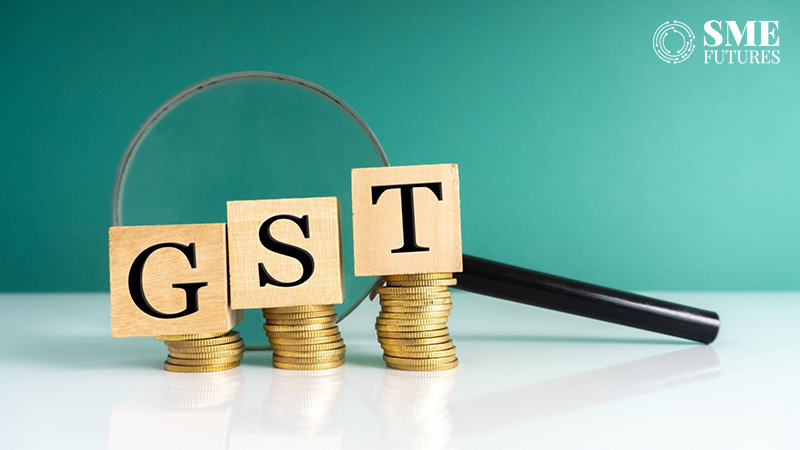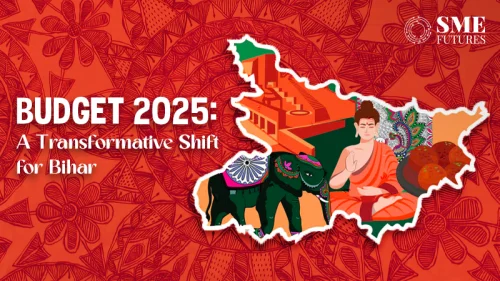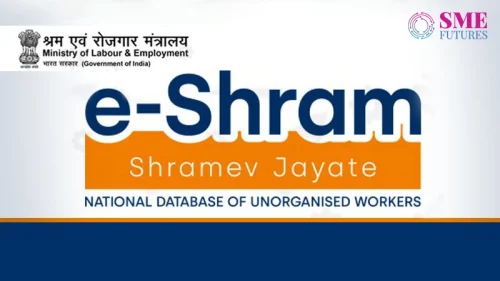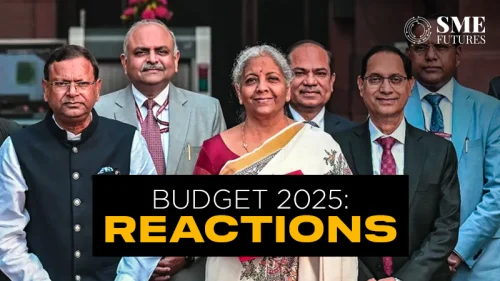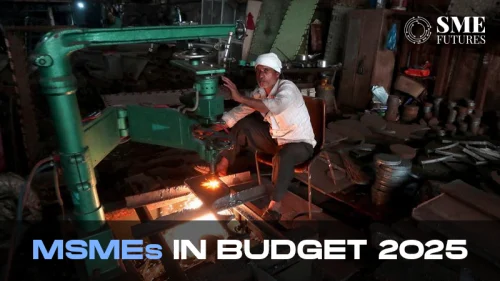The Gujarat Chamber of Commerce & Industry (GCCI) on Friday requested Union Finance Nirmala Sitharaman to waive off interest and penalty for Integrated Goods and Services Tax (IGST) payable under notification No. 54/2018 dated October 9, 2018.
The GCCI said that it has received representations from its various member units, stating that they have received summons along with interest and penalty in regards to IGST payable under the notification. These companies had imported material under advance license scheme and had missed paying IGST during clearance of the consignment as it was not reflected in the Bill of Exchange (BOE).
Also Read: India witnesses 18% surge in weekly cyberattacks in Jan-Mar 2023
In a letter to Sitharaman, GCCI President Pathik Patwari said: “Many units in Gujarat were not aware of the new notification issued by the GST Council, which stated that IGST had to be paid at the time of clearance of the consignment and then claimed as a refund through Input Tax Credit (ITC), or a Letter of Undertaking (LUT) was required to be submitted for not paying the IGST. As a result, they cleared their consignments without paying IGST, assuming it was not applicable and no LUT was submitted. The Customs Department also cleared their consignments without the LUT or payment of IGST.”
The GCCI said that it believes that the units in question did not intend to deliberately evade payment of tax, but this was an inadvertent error committed on their part. Furthermore, the GST Department did not incur any revenue loss due to this transaction. As per the revised notification, the units would have paid IGST in advance and then claimed a refund through ITC, resulting in the same outcome for the GST Department in terms of revenue collection.
However, due to the accumulated interest and penalty, many of the units are unable to pay the outstanding tax amount. This could have adverse financial consequences for these units, as most of them are MSMEs, it said.

